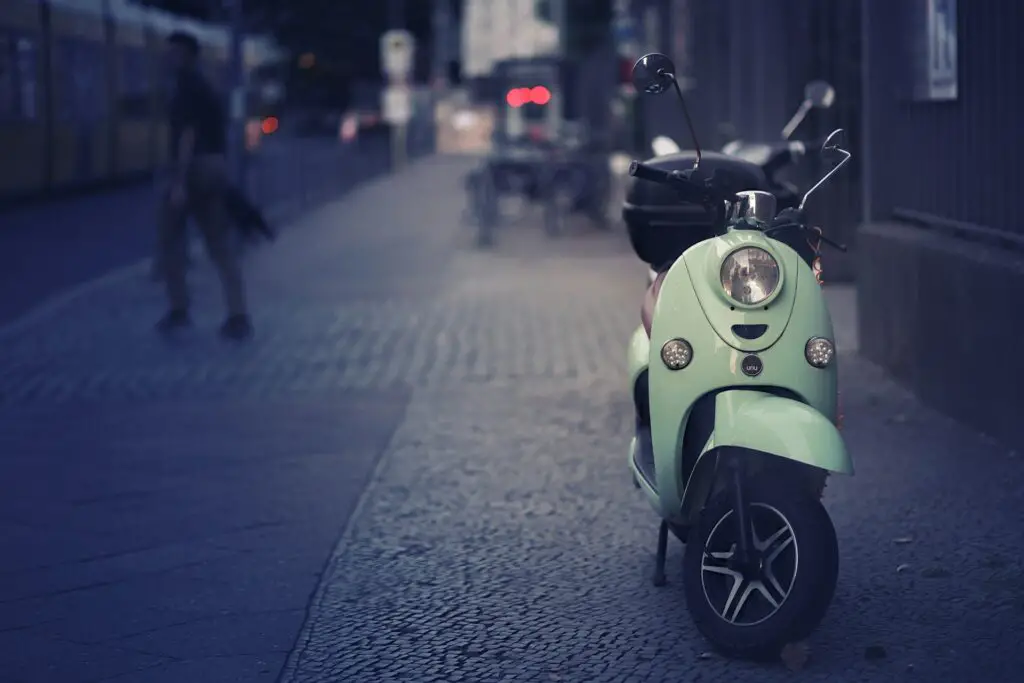Are you looking for the kind of scooter that does not require a license? For many people, scooters are an attractive option for getting around—affordable, fuel-efficient, and, most importantly, often requiring minimal paperwork compared to motorcycles or cars.
But what if you want to skip the hassle of obtaining a license altogether? The answer lies in the type of scooter you choose. Let’s dive into the specifics of what kinds of scooters don’t require a license and why.
Understanding Scooter Classifications
Not all scooters are created equal. Laws and requirements vary depending on the scooter’s design, power output, and intended use. To determine whether a license is needed, scooters are typically classified based on:
- Engine Capacity: Measured in cubic centimeters (cc) for gas-powered scooters.
- Maximum Speed: Some scooters are legally considered “low-speed vehicles.”
- Power Source: Electric scooters often fall under different regulations than gas-powered ones.
Scooters That Typically Don’t Require a License
1. Electric Scooters (E-Scooters)
Electric scooters have surged in popularity over the past decade, thanks to their simplicity and eco-friendliness. In many regions, low-speed electric scooters don’t require a driver’s license, unlike scooter insurance.
Key Features:
- Speed Limit: Usually capped at 20 mph or less.
- Motor Power: Typically less than 750 watts.
- Usage: Restricted to bike lanes, sidewalks, or other designated areas.
Examples:
Brands like Segway and Xiaomi manufacture e-scooters that fall under these regulations, making them an excellent option for urban commuting without a license.
Pro Tip: Always check local laws. Some cities or states may still impose age restrictions or helmet requirements for e-scooter riders.
2. Mopeds with Low Engine Capacity
In some regions, mopeds with engines smaller than 50cc are classified as low-power vehicles, and a full driver’s license isn’t required.
Key Features:
- Speed Limit: Often restricted to 30 mph or less.
- Licensing: May require a moped permit instead of a full motorcycle license.
- Design: Typically includes pedals and resembles a motorized bicycle.
Examples:
Classic mopeds like the Honda Ruckus or Vespa Primavera 50 often qualify under these laws.
3. Pedal-Assisted Scooters (Hybrid Models)
Some scooters combine electric motors with pedal functionality. These are often treated as bicycles under the law.
Key Features:
- Human-Powered Backup: Pedals allow for manual propulsion.
- Motor Assistance: Limited to speeds below 20 mph.
- No License Required: Often exempt from licensing requirements, just like traditional bicycles.
Why Licensing Requirements Vary
Local governments decide licensing requirements based on safety concerns, such as speed and weight. The lower the risk posed by the vehicle, the more likely it is to be exempt from strict licensing rules.

Factors considered include:
- Speed Capability: Higher speeds increase the likelihood of accidents, requiring greater regulation.
- Weight and Size: Heavier scooters are harder to control, posing a greater risk in traffic.
- Intended Usage: Scooters designed for sidewalks or bike lanes face fewer restrictions.
Exceptions and Considerations
While some scooters don’t require licenses, there are still rules you’ll need to follow:
- Age Restrictions: Even if a license isn’t needed, riders often must meet minimum age requirements (typically 16 years old).
- Helmet Laws: Many jurisdictions mandate helmets for scooter riders, regardless of licensing.
- Insurance and Registration: In some cases, even low-speed scooters must be registered or insured.
Benefits of License-Free Scooters
Opting for a license-free scooter comes with several perks:
- Cost Savings: No need to pay for a license or expensive insurance.
- Convenience: Start riding immediately without waiting for permits.
- Accessibility: Great for those who can’t or don’t want to obtain a driver’s license.
Final Thoughts
If you’re looking for a scooter that doesn’t require a license, focus on low-speed electric scooters, mopeds with engines under 50cc, or pedal-assisted models. These options strike a balance between practicality and ease of use, making them perfect for quick commutes, errands, or leisurely rides.
However, always verify the rules in your area. Licensing laws for scooters vary widely depending on where you live, and staying informed ensures a safe and hassle-free experience. Whether you’re navigating city streets or cruising along bike lanes, a license-free scooter offers an efficient and enjoyable way to get around.
Discover more from Chikwem
Subscribe to get the latest posts sent to your email.